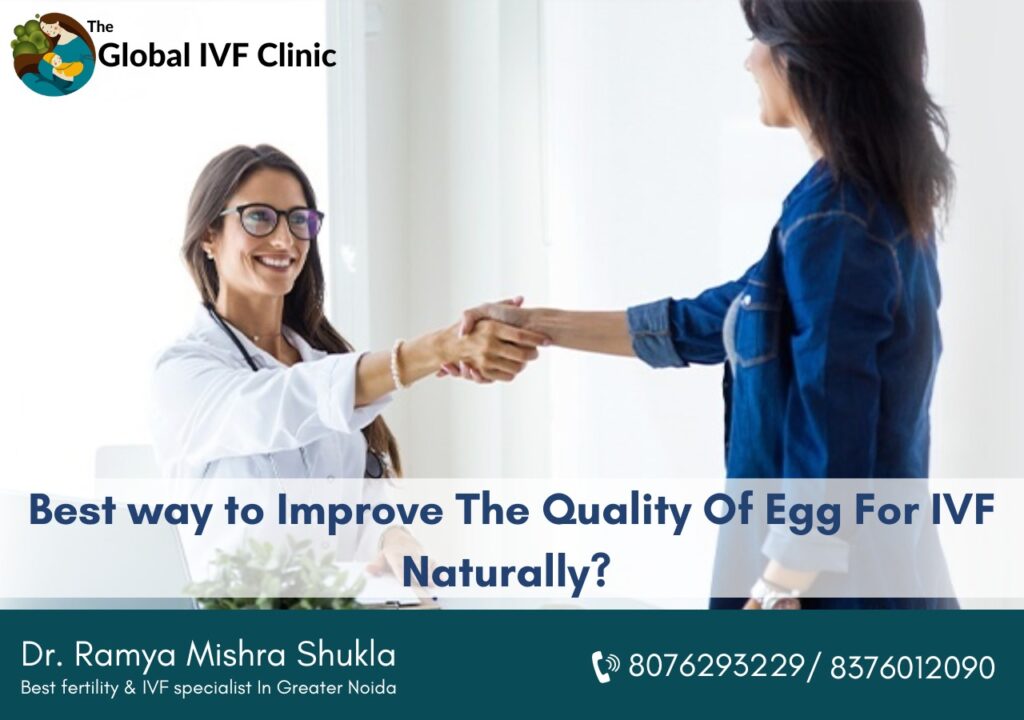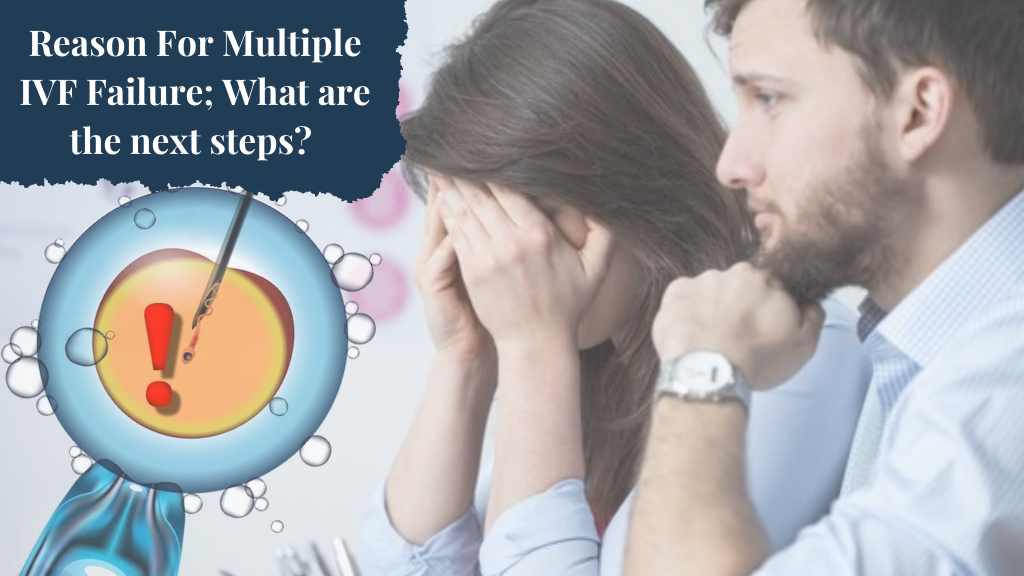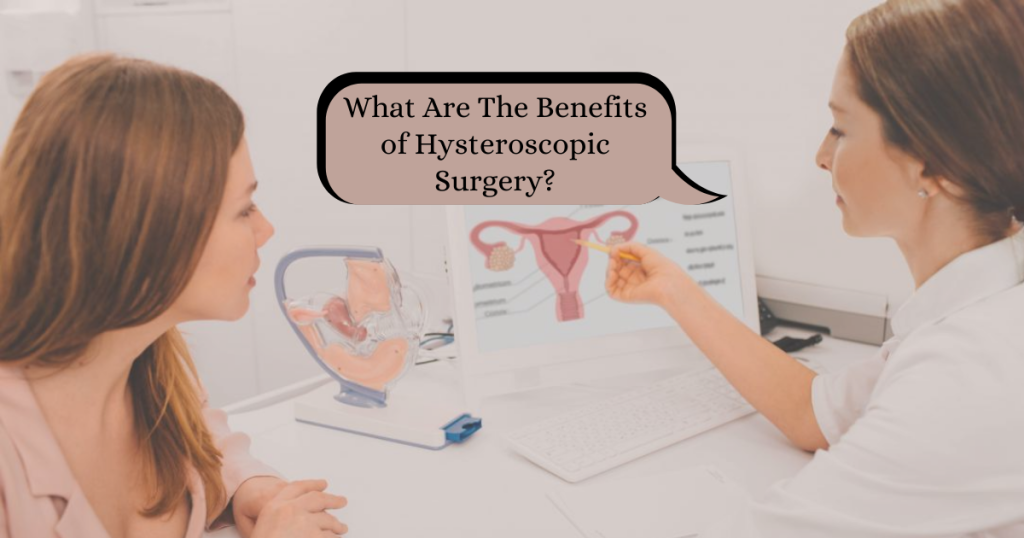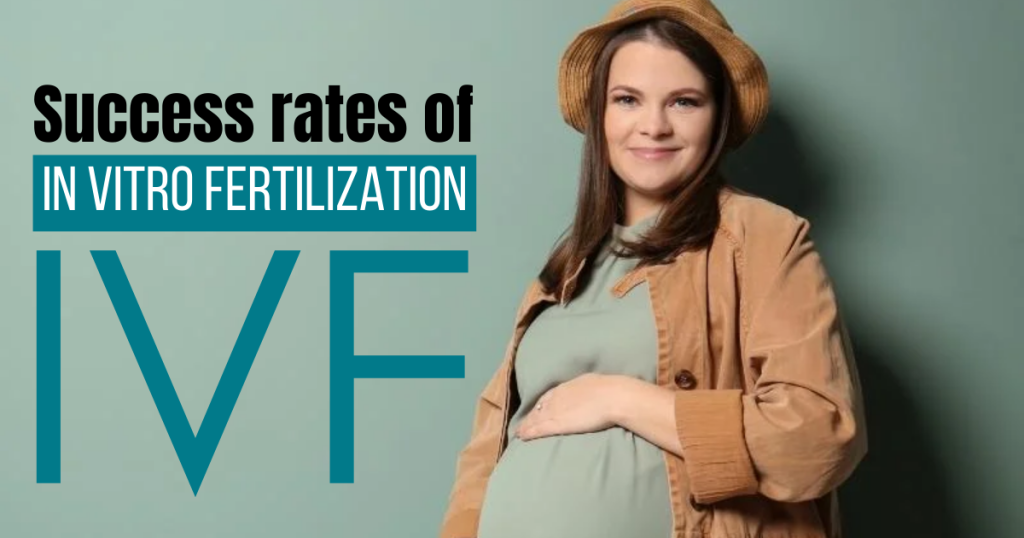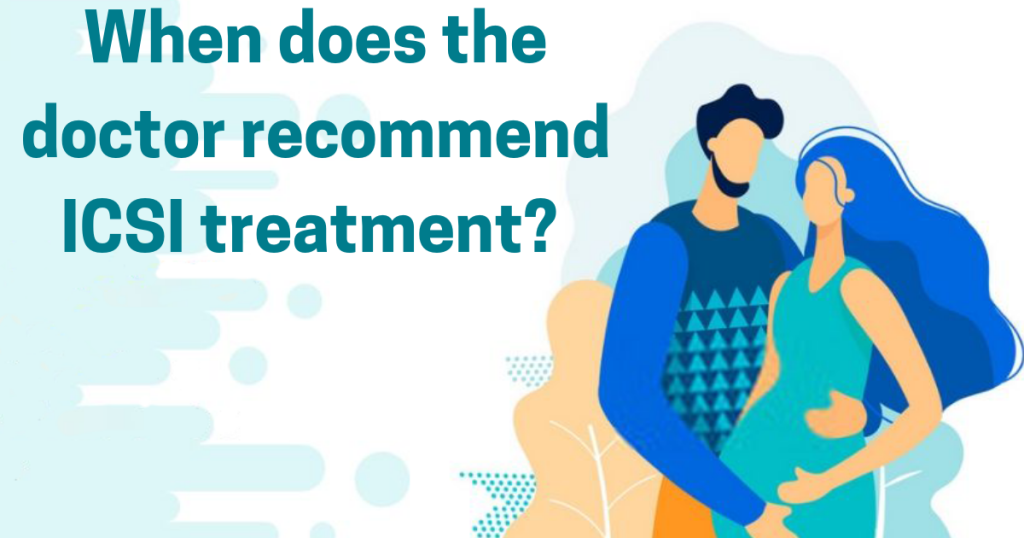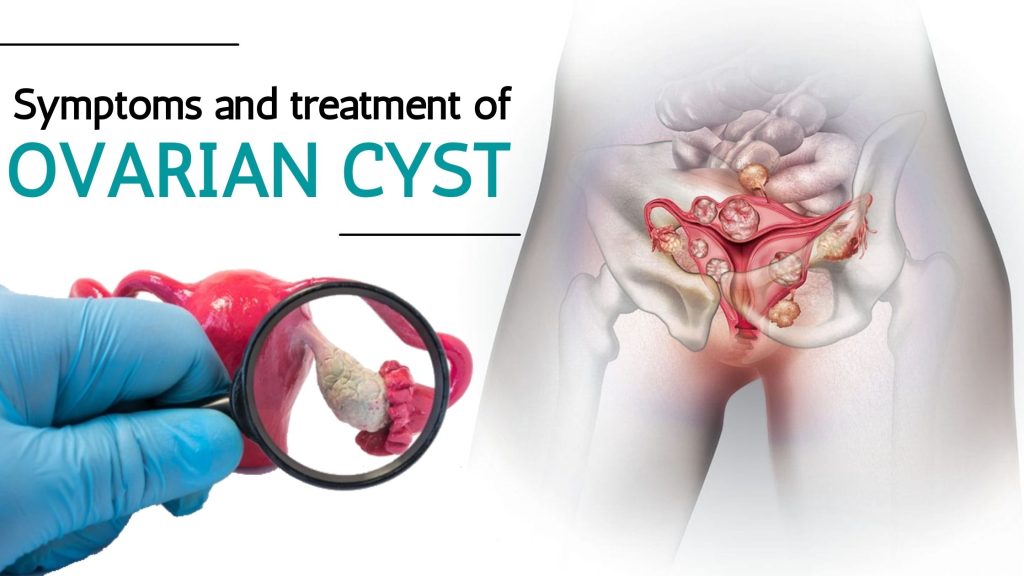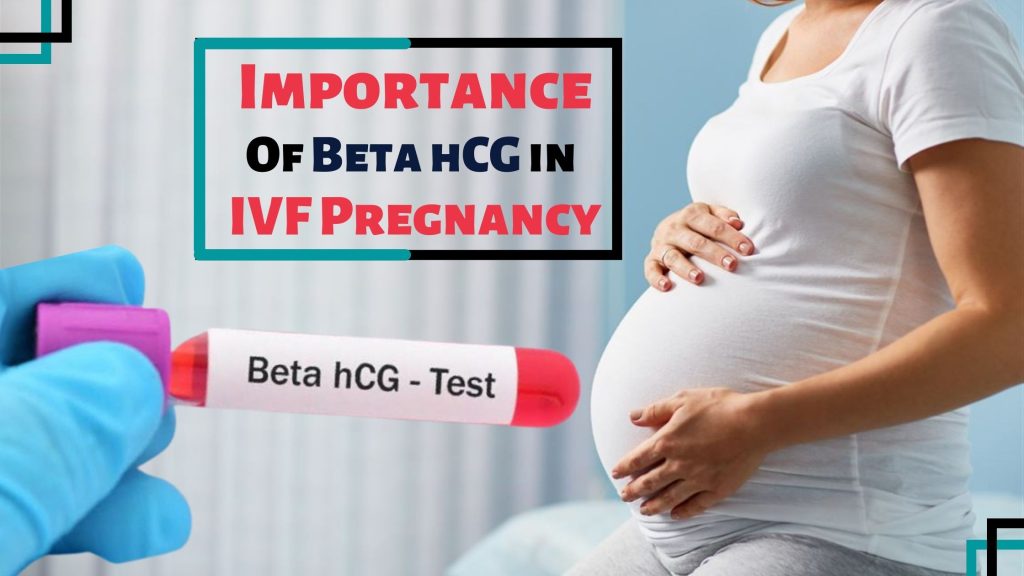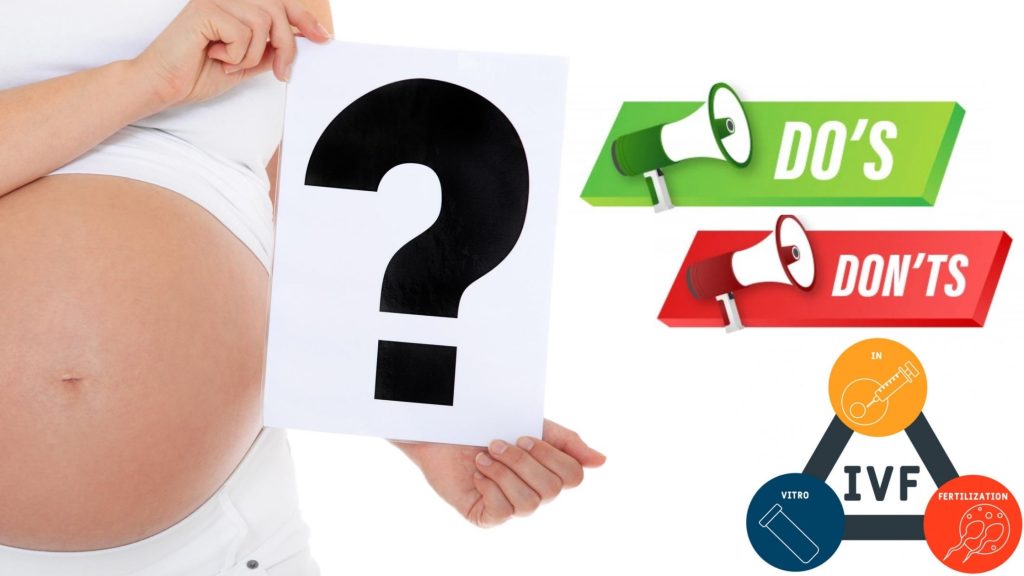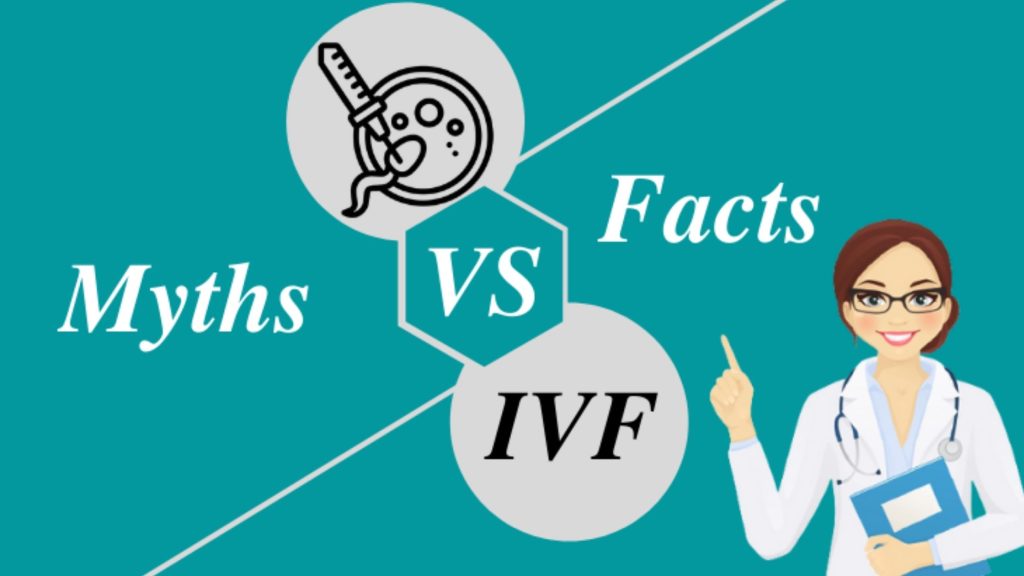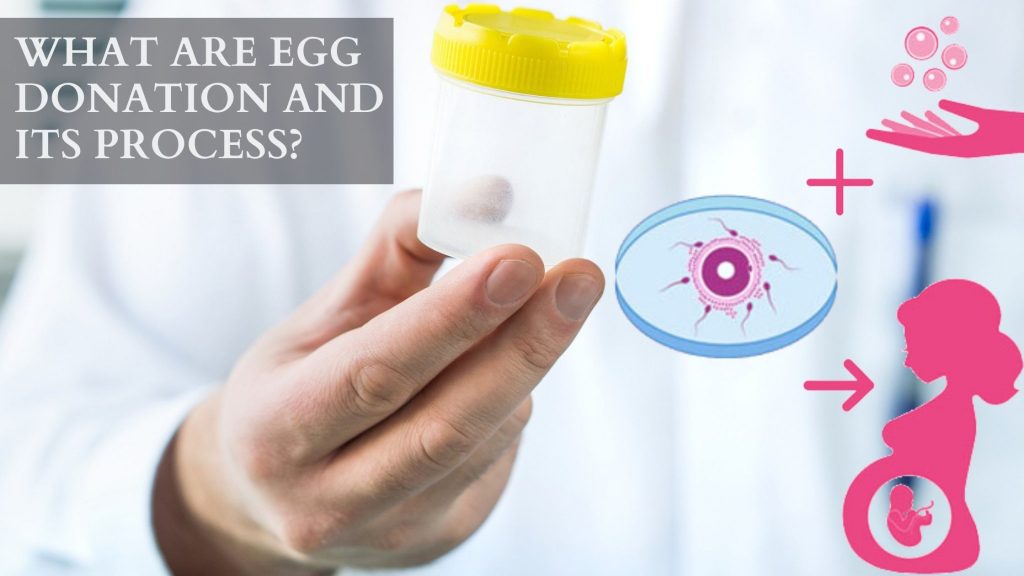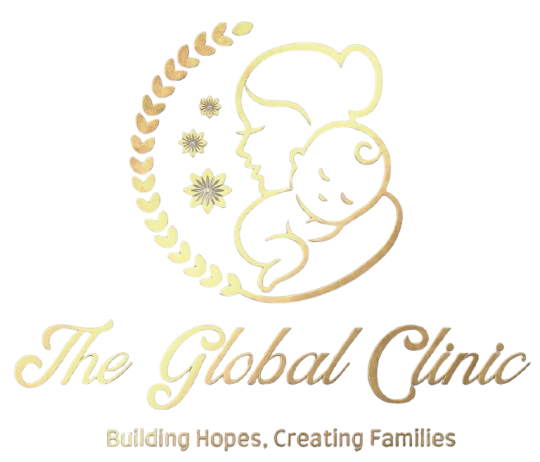Best Way To Improve The Quality Of Egg For IVF Naturally?
The quality of the egg is a significant contributor to infertility in women. The availability, quality, and the number of these eggs impact the viability of the pregnancy and the quality of the embryos. According to the fertility & IVF specialist In Greater Noida, Reduced ovarian reserve causes poor egg quality, which is a typical […]
Best Way To Improve The Quality Of Egg For IVF Naturally? Read More »


